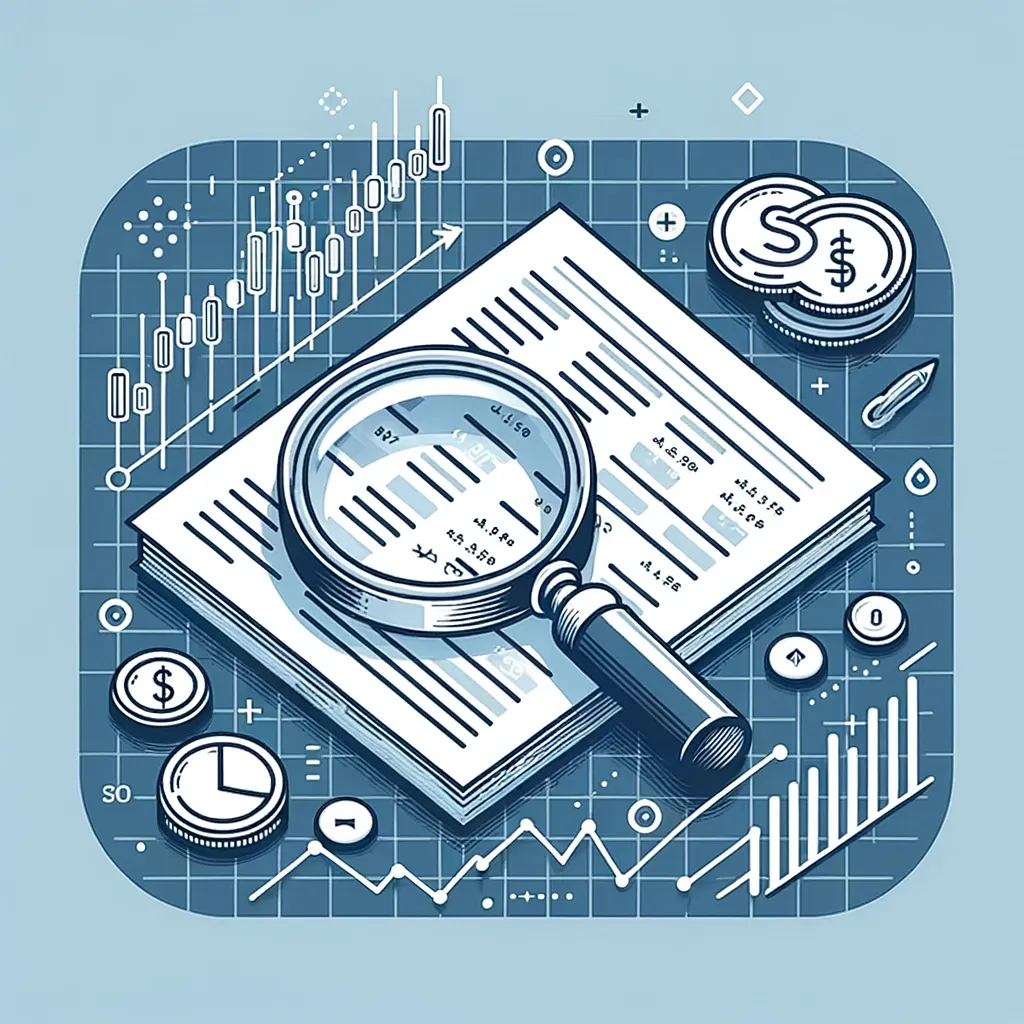In the ever-evolving landscape of technology, blockchain has emerged as a game-changer, transforming traditional industries in ways that were previously unimaginable. As I delve into the world of blockchain, I find myself fascinated by its potential to address long-standing challenges and create new opportunities. Here, we’ll explore five key areas where blockchain is making a significant impact: supply chain management, real estate, healthcare, voting systems, and the energy sector.
Supply Chain Management: The Path to Transparency
Imagine being able to track the entire journey of a product, from the moment it is manufactured to the moment it reaches your hands. This is precisely what blockchain offers in supply chain management. By utilizing a decentralized network and an immutable ledger, businesses can ensure that their products are authentic and meet quality standards. This transparency not only enhances customer satisfaction but also helps avoid costly recalls due to counterfeit or inferior products.
In real-world implementations, companies are using blockchain to monitor every step of the supply chain. For instance, in the food industry, blockchain can track the origin of ingredients, ensuring that they are sourced from trusted suppliers and meet health and safety standards. This level of traceability is crucial in preventing outbreaks and maintaining consumer trust.
Real Estate: Revolutionizing Property Transactions
The process of buying, selling, and transferring property ownership is notoriously complex and time-consuming. However, blockchain technology is poised to change this landscape. By creating a tamper-proof and immutable ledger of property ownership records, blockchain makes it easier to verify ownership and resolve disputes.
Smart contracts, which are self-executing contracts stored on a blockchain, can automate and streamline the transaction process. This reduces the potential for fraud and makes the entire process more efficient. Moreover, the concept of fractional ownership through tokenization is opening up new avenues for investment in real estate. Individuals can now purchase digital tokens representing fractional ownership, providing greater liquidity and accessibility to the real estate market.
Healthcare: Securing Patient Data
Healthcare is an industry where data privacy and accuracy are paramount. Blockchain technology is stepping up to meet these challenges by enabling the secure sharing of patient data. By creating a decentralized and secure ledger, healthcare providers can ensure that patient records are accurate, up-to-date, and protected from unauthorized access.
In practice, blockchain can facilitate the sharing of medical records between different healthcare providers, improving interoperability and the overall quality of care. For example, a patient’s medical history can be securely shared between hospitals and clinics, ensuring that healthcare professionals have all the necessary information to make informed decisions.
Voting Systems: Ensuring Election Integrity
The integrity of voting systems is a critical aspect of any democratic process. Blockchain technology offers a solution to the age-old problem of ensuring the security and transparency of elections. By using a decentralized and tamper-proof ledger, blockchain can record votes in a way that is verifiable and immutable.
This technology can increase voter participation by providing a secure and transparent platform for casting votes. In some pilot projects, blockchain has been used to conduct elections, allowing voters to cast their ballots electronically while ensuring the integrity of the process. This not only enhances trust in the electoral system but also makes the voting process more efficient and accessible.
Energy Sector: Facilitating Peer-to-Peer Energy Trading
The energy sector is another area where blockchain is making significant strides. By facilitating peer-to-peer energy trading, blockchain technology can optimize energy distribution and consumption. In a blockchain-based system, households with excess energy can sell it directly to their neighbors, creating a more efficient and decentralized energy market.
This approach also enhances grid optimization by allowing real-time monitoring and adjustment of energy supply and demand. For instance, smart contracts can automate the process of energy trading, ensuring that transactions are secure, fast, and transparent. This not only reduces the need for intermediaries but also promotes a more sustainable and efficient use of energy resources.
Real-World Implementations and Cost Savings
As blockchain technology becomes more widespread, we are seeing real-world implementations that highlight its potential for cost savings and efficiency improvements. In supply chain management, companies are reducing costs associated with recalls and improving customer satisfaction. In real estate, the automation of transactions is cutting down on paperwork and legal fees.
In healthcare, the secure sharing of patient data is reducing errors and improving the quality of care. In voting systems, blockchain is enhancing trust and participation by providing a secure and transparent platform. And in the energy sector, peer-to-peer energy trading is making energy distribution more efficient and sustainable.
Impact on Existing Business Models
The adoption of blockchain technology is not without its challenges. It requires a significant shift in existing business models, which can be resistant to change. However, the benefits are clear: increased transparency, improved security, and enhanced efficiency.
In supply chain management, traditional centralized systems are giving way to decentralized blockchain networks. In real estate, the role of intermediaries like lawyers and brokers is evolving as smart contracts automate many of the transactional processes. In healthcare, the way patient data is shared and managed is being revolutionized, requiring healthcare providers to adapt to new technologies.
Potential Barriers to Widespread Adoption
Despite the promising applications of blockchain, there are several barriers to its widespread adoption. One of the main challenges is the lack of regulatory clarity. Many industries are still grappling with how to regulate blockchain technology, which can create uncertainty and hesitation among potential adopters.
Another barrier is the technical complexity of blockchain. Implementing blockchain solutions requires a high level of technical expertise, which can be a barrier for smaller organizations or those without the necessary resources. Additionally, the scalability of blockchain technology is still a concern, as it needs to be able to handle large volumes of transactions efficiently.
The Future of Blockchain
As we look to the future, it is clear that blockchain technology has the potential to transform traditional industries in profound ways. From enhancing transparency in supply chain management to securing patient data in healthcare, blockchain is addressing long-standing challenges and creating new opportunities.
While there are barriers to adoption, the benefits of blockchain are too significant to ignore. As more industries begin to adopt this technology, we can expect to see even more innovative applications and real-world implementations. The journey ahead will be fascinating, and one thing is certain: blockchain is here to stay, and its impact will be felt across a wide range of industries.






